By the end of 2007, the popularity of vinyl records had plunged so low that it was barely worth gathering sales numbers. The only thing keeping the format alive was the brisk trade in used records by obsessive collectors, an infinitesimally tiny number of reactionary-minded releases from artists like Pearl Jam and The White Stripes, along with an even smaller number of 12-inch singles treasured by old-school DJs.

Depressed by their prospects, a group of independent record store owners in Baltimore got together to brainstorm ideas on how to save their struggling businesses. These discussions resulted in the creation of Record Store Day, the annual worldwide celebration of record store culture.
What followed was a remarkable turnaround in vinyl’s fortunes. Stimulated by this modest proposal, the left-for-dead format began a still-uninterrupted run of year-over-year, double-digit sales growth around the world.
READ MORE: Rare 1990s cassette unearthed featuring Jack White covering Blondie
Here in Canada, sales of new vinyl albums are ahead by 29 per cent over 2017 (over-indexing the global average), which translates into sales of 674,000 units so far. That’s still tiny compared to the 5.5 million CDs sold across the country this year, but only a fool would ignore vinyl’s 12-year run tearing up the marketplace.
Fantastic, right? Yes, but this spike in demand created production bottlenecks. During vinyl’s near-death experience, most plants closed. The ones that still existed were using ancient equipment for which it was hard to source parts. Labels were waiting up to a year to have their orders filled. And let’s not even talk about indie acts who could only afford small production runs.
Enter Viryl Technologies of Toronto, which has been online for a couple of years now. Tucked in an industrial area of Etobicoke, Viryl is not only in the business of pressing records, but they’re also manufacturing new pressing equipment for export worldwide. Viryl is one of just two companies in the world (the other is in Sweden) designing and manufacturing new, state-of-the-art record pressing machines
READ MORE: Drake just beat a record held by The Beatles since 1964

Get breaking National news
A couple of years ago, the company had one clunky machine operating at a slow but steady pace. Now two brand new machines — both designed and built in-house — are in almost constant operation. And the export business is great.
Viryl ships between two and five of their bespoke pressing units each month, each costing an average of US$200,000. The factory warehouse at the back of the building contains machines in various states of manufacture, destined for places as far-flung as Taiwan and Australia. At any one time, there is about $2.5 million of inventory on hand. And much of the technology that goes into these new machines is proprietary (i.e. patented) to Viryl.
Not only is Viryl improving on existing vinyl pressing technology, but the company is also deeply involved in new upcoming HD-Vinyl technology, which will see master stampers cut by a laser. Because this new method cuts grooves with much greater precision than their ancient Neumann cutter built in East Germany in 1971 …
… playing time will increase from 22 minutes to 30 minutes per side. More accurate groups should also lead to better-sounding records. And the best news? Everything will be 100 per cent backwards compatible with every turntable made over the last 60 years. Jack White’s Third Man Records is already on board with Viryl.
READ MORE: Alan Cross weekly music picks — Christmas songs are already here
Viryl’s biggest product is their WarmTone automatic pressing machines, which can crank out 200 copies an hour. Need a 7-inch or 12-inch single instead of an LP? No problem. The adjustment can be made in seconds.
But sometimes you need a personal touch. Viryl also has a manual press that can be used to make special orders such as weird coloured vinyl. An adept operator can press at least 75 records an hour.
I thought I’d give it a try.
How high can Viryl grow? It’s hard to say, but as long as the demand for new vinyl records continues, future business looks solid.
Alan Cross is a broadcaster with Q107 and 102.1 the Edge and a commentator for Global News.
Subscribe to Alan’s Ongoing History of New Music Podcast now on Apple Podcast or Google Play

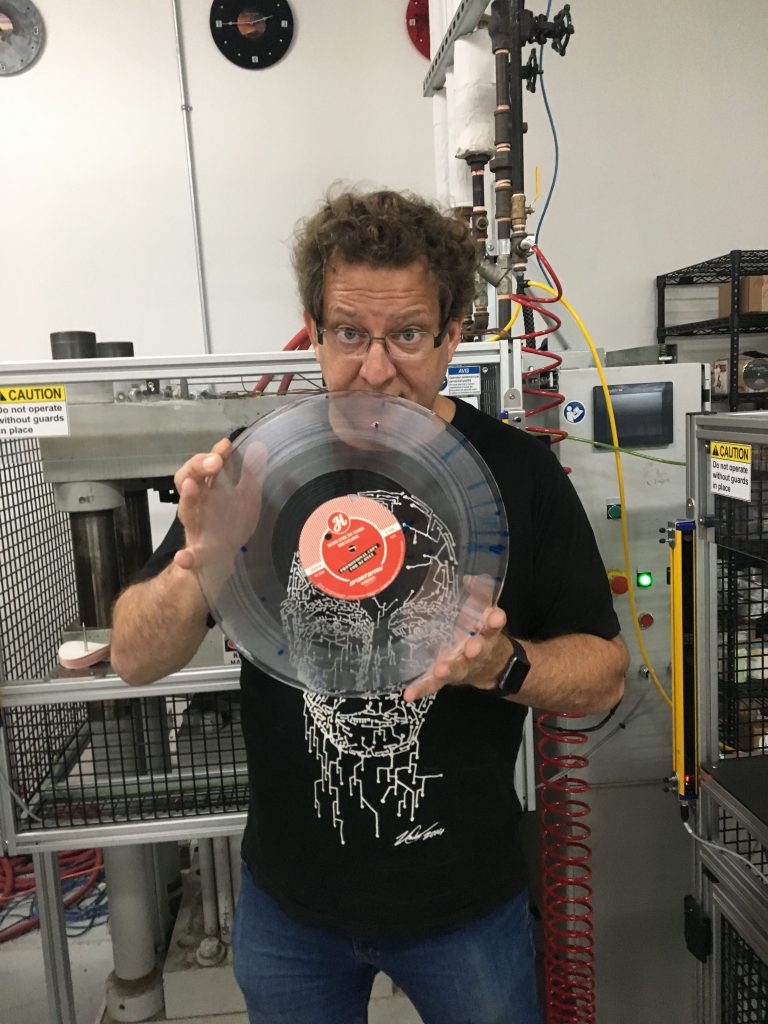




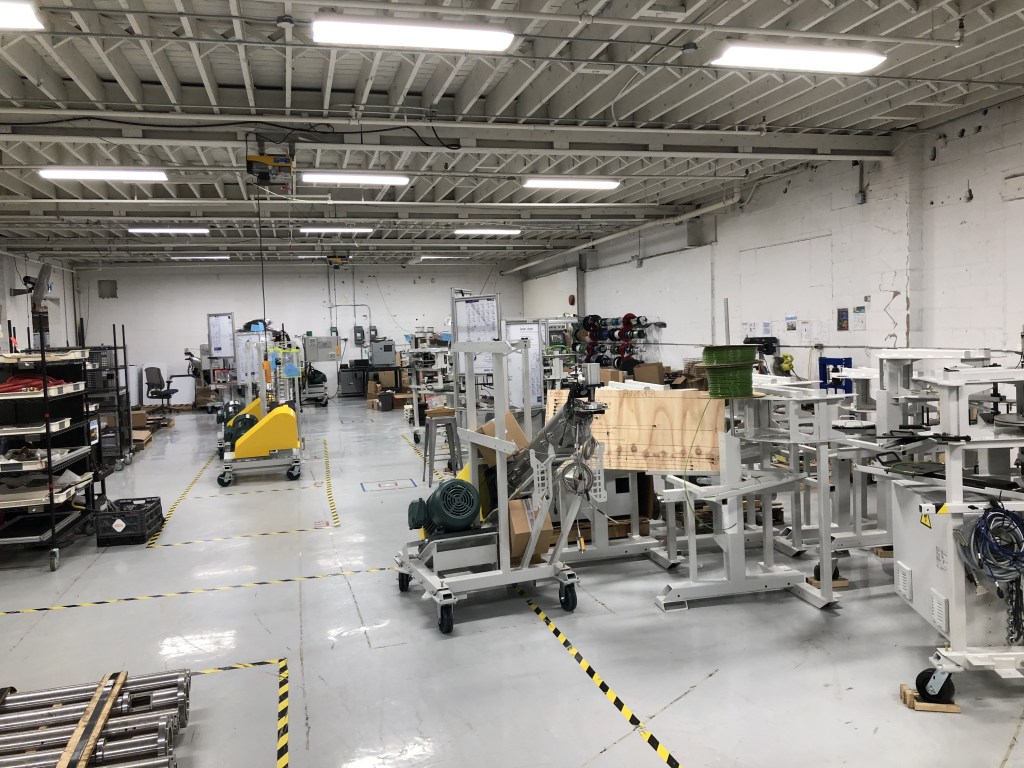
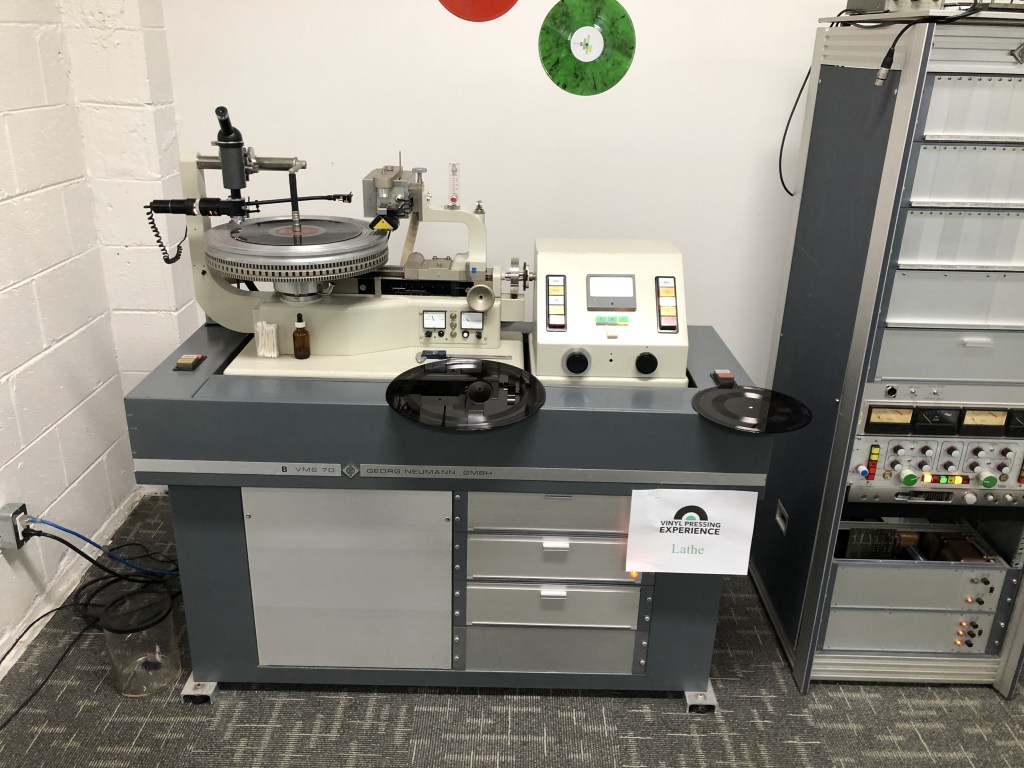


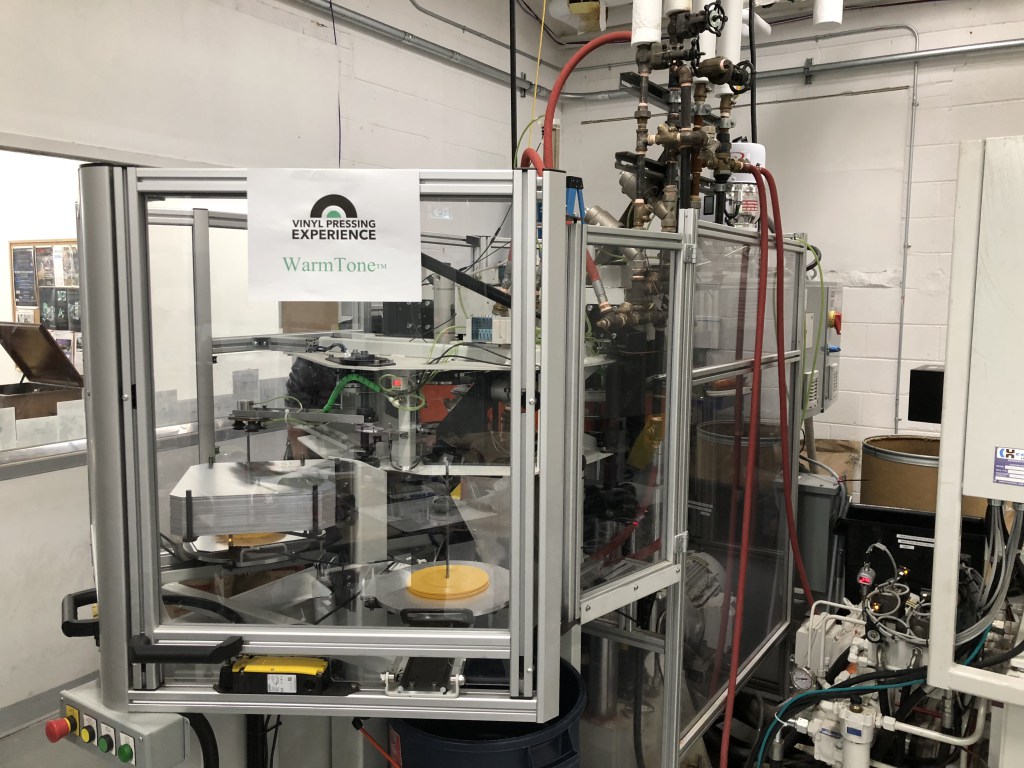
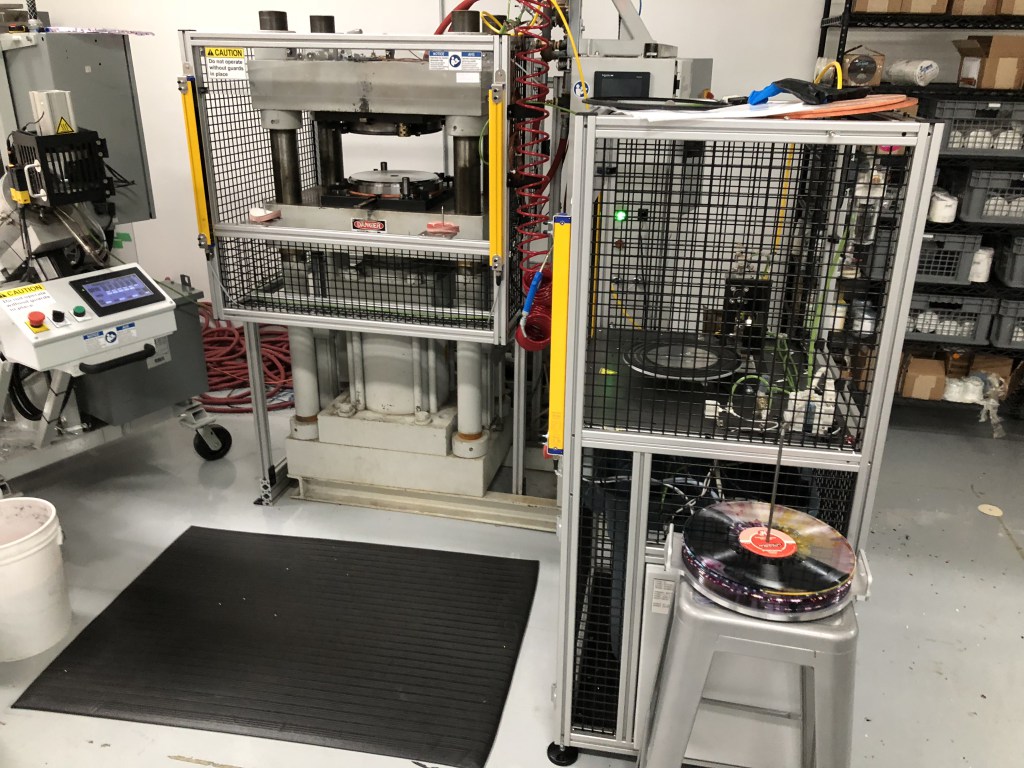


Comments